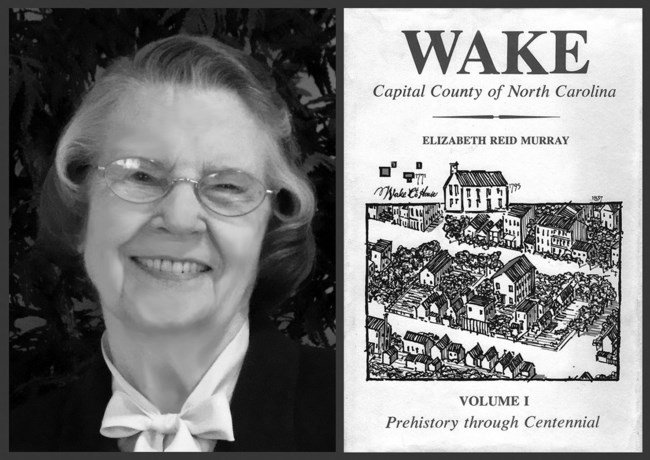Course Details
Dates and Times:
Genealogy 101-A: Tuesday, April 29, 2025, 3-5 PM
Genealogy 101-B: Tuesday, May 6, 2025, 3-5 PM
Genealogy 101-C: Tuesday, May 20, 2025, 3-5 PM
Location: Overture Centennial, 600 Bilyeu Street, Raleigh, NC 27606 (Theater Room)
Cost: $10 per session
Genealogy 101-B: Basic Genealogy Research - Records
Part 2 of the Beginner Genealogy series continues the study of basic concepts of genealogy research. This class will focus on Records that provide clues and facts to genealogists tracing their family history. Topics covered include: Census records; Military records; Land records; Church records; immigration records and others. Some hands-on exercises will be included to search online databases. Prerequisite - 101-A
Registration
To register, visit www.raleighseniorteched.org. Payment can be made online via PayPal or by check at the class. All are welcome, including those from outside the Overture Centennial community.
Visit Wake County Genealogical Society's Website - Homepage | WCGS Events | Join WCGS | Publications | Wake Cemetery Survey Images | Society Surnames | Digital Resources | History Resources | More Links and Resources | Contact - info(at)wakecogen(dot)org


















